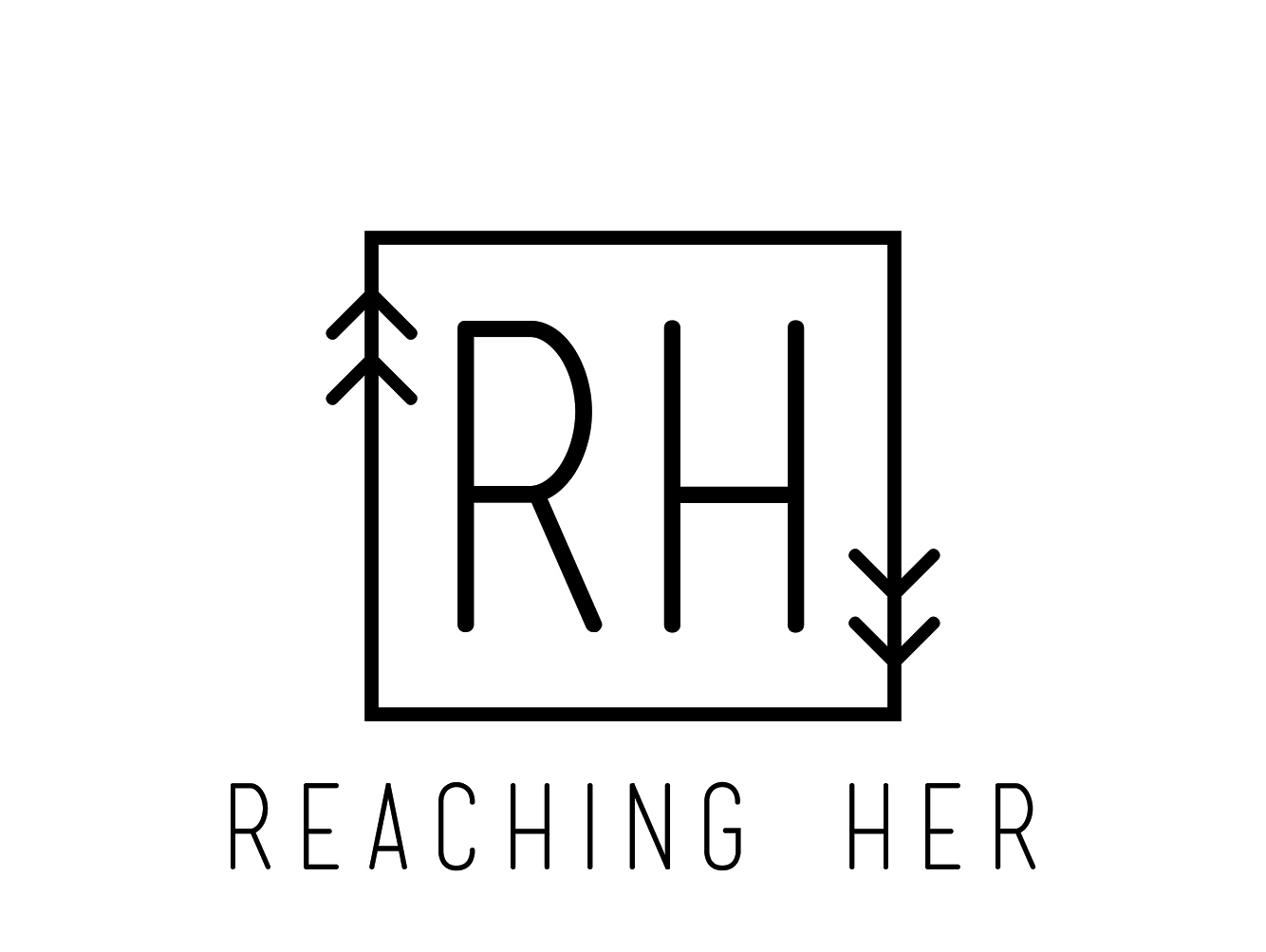Outer Space and Feeling Small: A Look at Psalm 19
I don’t really care about space. And I didn’t realize this can come as a shocking life stance to some people until recently. Apparently, a lot of people really love space and are fascinated by it enough to purchase expensive telescopes, stare at pictures from the Hubble Telescope, and spend night after night star gazing. I just don’t, and I honestly had no answer as to why. It came to me as I was remembering a cruise I took with my favorite college BFFs a few years ago. We were being our usual ridiculous selves on the top deck of the ship as a storm was brewing in the distance. For some reason I paused from reenacting our favorite scenes from Titanic to gaze out at the expansive Atlantic. And in that moment I was struck by a shudder of reverent fear that resonated to my bones. The ocean was so very big and gray and deep and powerful. And I, by comparison, was so very small.
And I think that’s why I don’t really care about space. When I allow my mind to go there, to really think about how vastly expansive space really is - how the ocean would look like a kiddie pool in space’s backyard type of expansive - it makes me feel very very small. And, as a general rule, I don’t like feeling small.
But, you know what? Feeling small can be good. Actually, it can be great.
In Psalm 19 verses 1-6 David, who is the author, begins by talking about space. He calls it the “heavens,” and David gives it purpose. Listen to verse 1:
The heavens declare the glory of God, and the sky above proclaims his handiwork.
The heavens tell us about the glory of God. His honor, majesty, abundance are brought to light, explained just by looking up. How often is this happening? David says day to day and night to night they speak without words.
Have you ever felt like you can’t see God? Can’t feel Him? Don’t know if he’s there?
I have.
Apparently David did too. And I think he knew that God was constantly revealing himself through the heavens. That he could look up, and God was there. Even though the risk is to feel very small by comparison, God’s ordering of the universe proves His existence, His power, and His continual choice to show Himself to us.
Then in verses 7-10 David begins to talk about God’s Word. He uses synonyms like commandments, laws, precepts, etc. I love how David describes God’s Word. He says it is perfect and trustworthy and right and pure. That it endures forever.
But what I love even more is what David says we get from God’s Word. He says it restores our soul. That word means literally to turn around. That definitely happens to me all the time. I will have one perspective on my life’s choices, I’ll read and study God’s Word, and BAM I see truth and have to turn my life around and go God’s way.
David also says God’s Word makes wise the simple. It makes our hearts rejoice. It enlightens our eyes. And he says the Words of our Lord are more desirable than anything else of value to us. Anything. I have to wonder, is that true for me every day? Do I desire God’s Word above anything else?
As David acknowledges who God is through His Word, I think it also reveals how close God is to us. He didn’t stay the God of the universe. He valued us enough to choose to give us His Words. I don’t have to just look up to see God. I can open up His Word and see Him as well. To me that was the perfect counter balance of intimacy to the fear of His vastness.
Now David turns introspective in verses 11-14 to end Psalm 19. He’s described God’s bigness by looking at the heavens, and he’s described God’s closeness by looking at His Words. And now, he looks inward.
I have heard it said and firmly believe that it is when we truly see God for who He is then (and only then) can we truly see ourselves.
So how did David see himself?
12 Who can discern his errors? Declare me innocent from hidden faults.
13 Keep back your servant also from presumptuous sins; let them not have dominion over me! Then I shall be blameless, and innocent of great transgression.
14 Let the words of my mouth and the meditation of my heart be acceptable in your sight, O Lord, my rock and my redeemer.
I think David saw himself as a sinful guy who needed God’s help.
I know that’s what happens to me. I see God for who He is - that He’s big. He’s all powerful. He set the skies into motion. But He’s also loving. He’s just. He’s compassionate. He gave me His Word.
Then I look at myself, and I see someone who loves the Lord and has the best of intentions but still messes up on a daily basis. I have lots of hidden faults - like overwhelming pride and need to make myself look great. I have lots of presumptuous sins - like living the way I want to live rationalizing that God will always forgive me eventually.
When I see those things, I know I need Him. In the worst way. I need my Lord to be my rock and my redeemer. I need Him to help the words of my mouth and the meditation of my heart to be pleasing in His sight. I can’t do it alone.
And that is why feeling small can be good. It can be great. Because it means I need Him.
 Amy Bufkin has loved Jesus for as long as she can remember. Even though she basically lived at her local church growing up, her faith and relationship with The Lord was incredibly shallow until her early twenties. It was then Amy learned how to study her Bible, began to truly commune with God, and her shallow faith began to deepen as she got to know her Lord and Savior. Now her passion is to communicate the same truths that changed her life to young women in as many ways as possible. You can find her on Instagram | Facebook
Amy Bufkin has loved Jesus for as long as she can remember. Even though she basically lived at her local church growing up, her faith and relationship with The Lord was incredibly shallow until her early twenties. It was then Amy learned how to study her Bible, began to truly commune with God, and her shallow faith began to deepen as she got to know her Lord and Savior. Now her passion is to communicate the same truths that changed her life to young women in as many ways as possible. You can find her on Instagram | Facebook

